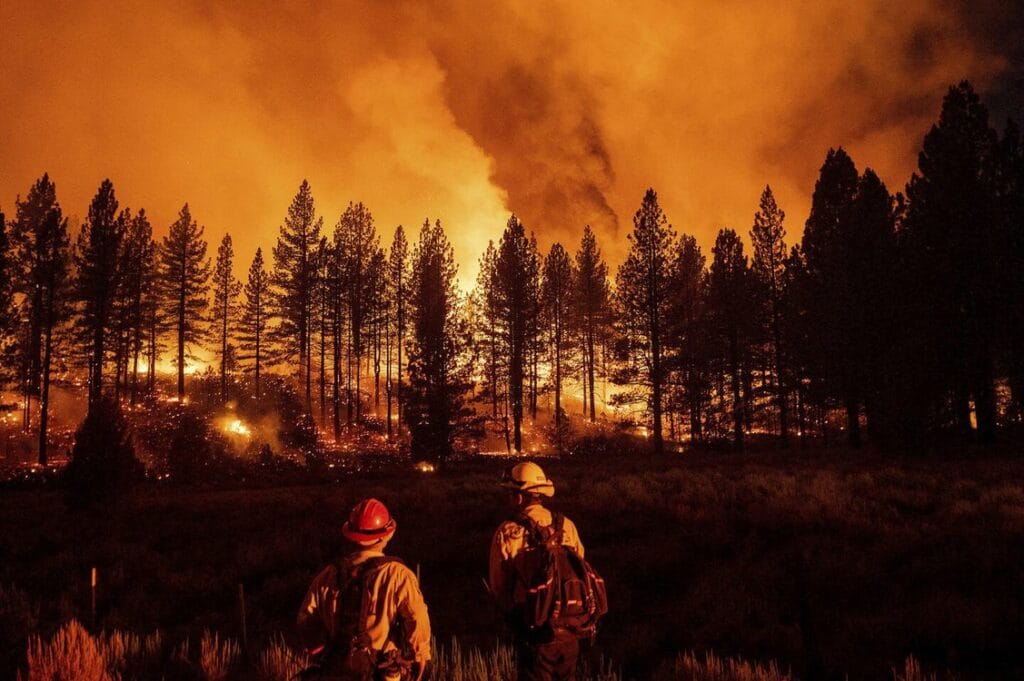Air pollution caused by fires is responsible for more than 1.5 million deaths per year, according to a study covering the period from 2000 to 2019 and published in the journal *The Lancet*. Researchers emphasize that this scourge primarily affects developing countries, where the health consequences are the most dramatic.
### A Heavy Health Toll
Of the 1.53 million annual deaths attributed to fire-related pollution, approximately 450,000 are linked to heart diseases, while 220,000 result from respiratory diseases caused by smoke and fine particles. These deaths, concentrated in over 90% of low- or middle-income countries, particularly affect sub-Saharan Africa, which accounts for nearly 40% of the total. The most affected countries include China, India, the Democratic Republic of the Congo, Indonesia, and Nigeria.
### A Threat Exacerbated by Climate Change
The study warns that the number of deaths is likely to increase with the intensification of wildfires, exacerbated by climate change. Agricultural practices such as land burning also worsen this pollution, especially in regions like northern India, where toxic clouds cover major cities, causing pollution levels far above international standards.
### Means Inaccessible to the Most Vulnerable
Researchers highlight the “climate injustice”: protective measures against pollution, such as air purifiers, masks, or the ability to move away from affected areas, remain inaccessible to populations in the poorest countries. The study calls for urgent action to reduce deaths related to these fires, particularly through increased financial and technological support.
### A Global Urgency
This publication comes at a time when international climate negotiations struggle to meet the expectations of developing countries. The recent state of emergency declared in Ecuador, following fires that ravaged more than 10,000 hectares, underscores the urgency of a global response to this growing challenge.


